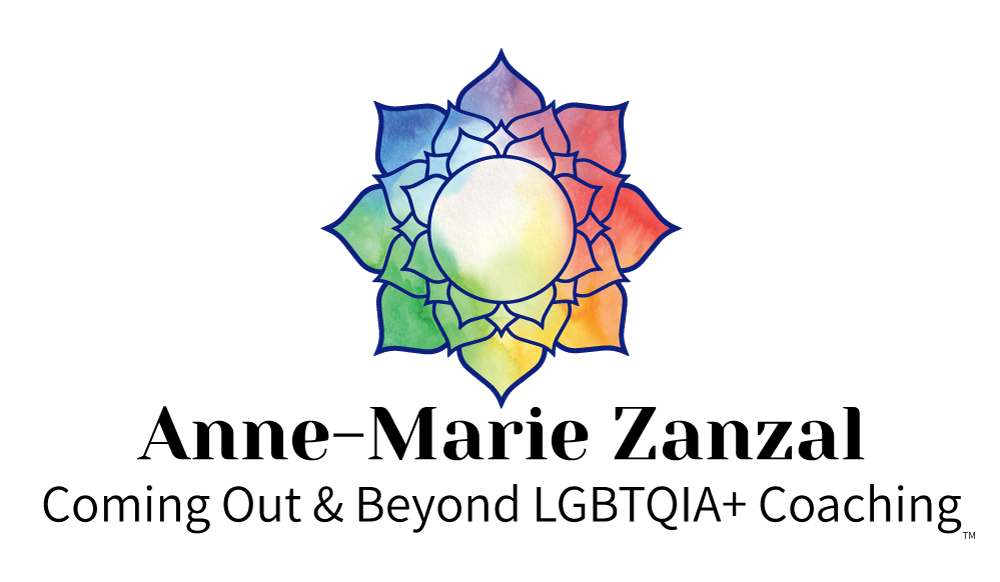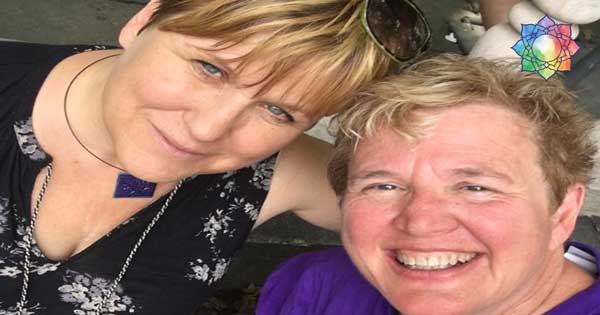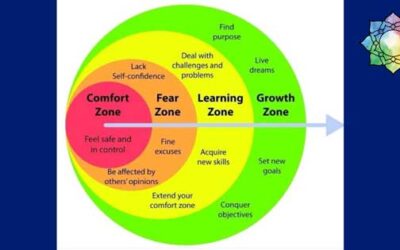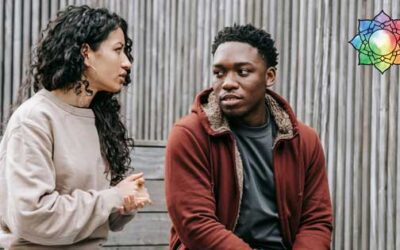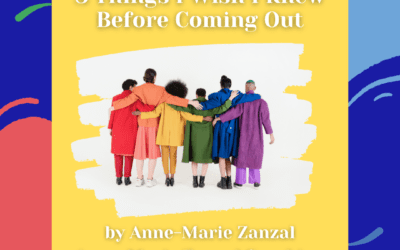There’s a misconception in the heterosexual world that coming out as a member of the LGBT+ community is easier than it was in the past and every gay person in the world has it all figured out by the time they reach their teenage years. Most people in the LGBT+ world know that isn’t true. We understand that it’s much more complicated, with variable complex layers in each person’s individual story and there’s no “one size fits all” to this journey.
I am a woman who lived, for most of my life, in straight culture and I too had this misguided belief. I thought that everyone had their sexual (or gender) identity figured out by their twenties and I had somehow missed the boat.
Those Who Come Out Later Haven’t “Missed” the Boat
As I went through my twenties and thirties I noticed my attraction to other women and there was a pattern to it that became familiar as time wore on. I’d see her, we would spend some time together, and then I’d spend the next three or four weeks wondering what it’d be like to be with her, yes sexually, but also in a relationship. Invariably, I’d spend way too much time and brain space wondering, “Am I gay?” It wasn’t until much later did I realize straight girls don’t lay awake at night wondering about this question.
During this same time, I married a man and subsequently had four kids. I was both busy and entrenched in something that I was told would bring me happiness and peace – marriage, family, and career. It did and it did not.
This is where the story gets intertwined with many different threads, I loved being a mom and raising my kids, but my marriage was much more complicated. I met my now ex-husband in 1986, and after a tumultuous courtship, we got married. Why? We were in our twenties, our friend group was getting married, both of us wanted kids, and he would keep me warm, safe and dry. He’d “do” and I would “do”.
Romance Missing in a Straight Marriage Could Be a SIGN
Like many women, I was acculturated to believe that relationships with men are difficult and ours was no exception. During most of our relationship we could just never seem to connect. I craved a level of intimacy in which he wasn’t capable of giving. Ironically, he’d often say to me, “if you want that, you need to be with a woman.”
As the years turned to decades, we both just gave up on connecting as a romantic couple. We moved into separate bedrooms, and developed a friendship centered around our children. Both of us loved our family unit as we had craved this centeredness and peacefulness during our own emotionally unhealthy and unstable childhoods. It’s something we achieved together and my ex would’ve stayed that way for the rest of his life.
Yet there was a “problem” which I called my “restlessness”. Surrounded by the busyness and chaos of family and work-life, I was heartbreakingly lonely and constantly looking for that missing piece. Why didn’t I feel complete? Why did I question everything? I’d completed the great American checklist for happiness – married, children, fulfilling career, beautiful home, wealth. I’d look at my life and wonder “Is this all there is?” or “What’s wrong with me? Why am I not satisfied?”
It Can Take a While to Understand Sexuality is Fluid
In 2006 I read an article in a women’s magazine about the fluidity of women’s sexuality and how some women who were once married to men are now with women. All of sudden, I realized that, although I had become deeply entangled in this straight path, I didn’t have to stay in it forever. I said to my then 16-year-old daughter, “If something ever happens to dad and I, don’t be surprised I end up with a woman.” Like the good little liberal I had raised her to be, she said, “OK mom that would be cool.”
It took me another 10 years to come out as I struggled to separate my love of my children, from my now peaceful boring marriage, and my own needs as a woman. I stepped in and out of the closet several times. Like many women, straight or gay, I bought into the notion that our needs always come second to everyone else’s. The irony is that my greatest need was to own my sexuality. This was something that I was always aware of but conveniently denied or dissociated from by the time I was 14. It hung around waiting to be acknowledged, but I compartmentalized it, only taking it out on the occasion of meeting a beautiful woman. It was the not-so-missing piece.
You Are Not the Only One Coming Out Later in Life
In 2016 I googled the words “late in life lesbian” and first found a blog, and eventually a secret online Facebook support group for women coming out later in life. For the first time in my life, I was with my people and in their stories, I heard my own. This was a group of women, who for a myriad of reasons, waited from their late twenties until over eighty years old to come out. Late in life is self-defined and often generational. When I joined this group there were 150 members and now there are well over 2000.
My own coming out was hard as I naively thought no one in my liberal Connecticut town would notice or care. The South doesn’t have exclusive rights to homophobia, It’s everywhere. My ex outed me to many members of the community and suddenly people stopped greeting me or quickly looked away when I approached. Ironically, the only place that didn’t happen was my church where I had served as the associate pastor for a number of years. I know this is the opposite of what happens for many church-going queer people.
My kids, ages 12 to 24, as individuals, went from accepting to furious. They were all heartbroken over the divorce. For two of them, it took several years for us to mend our relationship. In my work life, the hospice facility, for which I was the public face, no longer used me in that role. The identity that I formed around marriage, family, and work began to crumble and my new self began to emerge as I became romantically involved with a woman. I learned to hold in tandem the grief over the loss of my life as I knew it and the indescribable joy of discovery of self and falling deeply in love for the first time.
We Can’t Face it All Alone & It’s Ok to Look for Support
Finding other people who get this particular queer journey is crucial. In 2018, I began to provide both online individual and group support for the later in life community. These groups often serve as the first queer community for its members which is vitally important as we navigate this new life. Many of us share similar stories of chaotic childhoods. If we married, our husbands were from similar backgrounds and were often emotionally unavailable. We joke that we all married the same man.
Many of us come from backgrounds of expectations, whether it’s our religion, community or family structure, there are roles we are required to fulfill and God help us if we want something different. I did choose something different in my late teens and I was disowned by my dad for a number of years for it. I dated, lived with and was engaged to an African American man named Ben. I left Ben after “shunning” from my dad.
Many of us struggle to leave our marriage because we believe that we must stay at all costs for the “good” of the children. This is a fallacy because what is good for our children is for them to have happy parents.
Although we share many similar threads, like the rest of the LGBTQ+ community, each of our stories are unique. Owning this part of ourselves is vital to our happiness and it’s never too late to come out.
Rev. Anne-Marie Zanzal is a graduate from Yale Divinity School, an ordained minister in the United Church of Christ, a Compassionate Bereavement Provider with the MissFoundation and a hospital chaplain. You can find more about the work she does at annemariezanzal.com or Facebook or Instagram.

